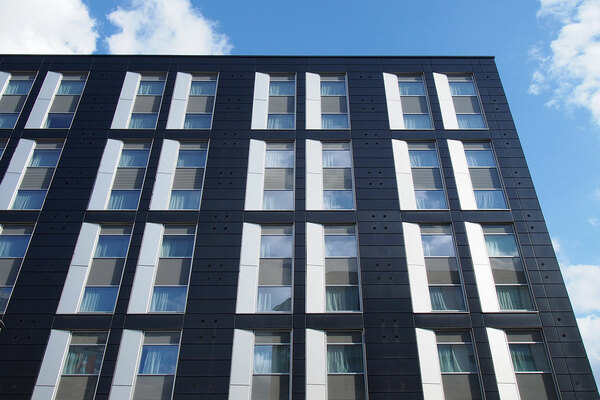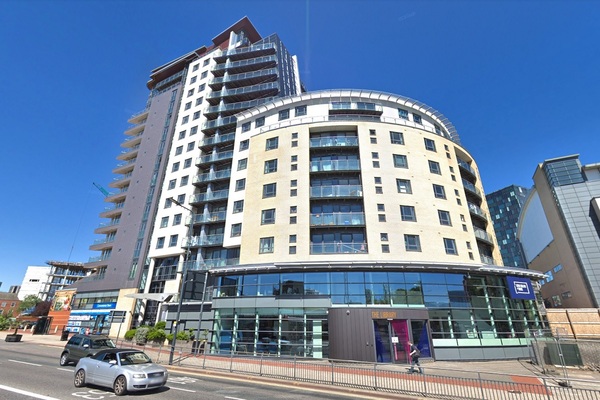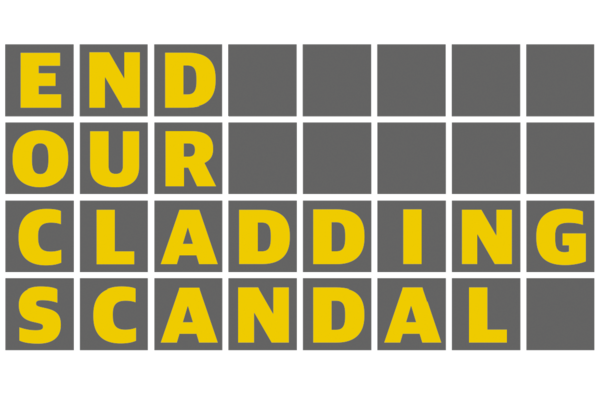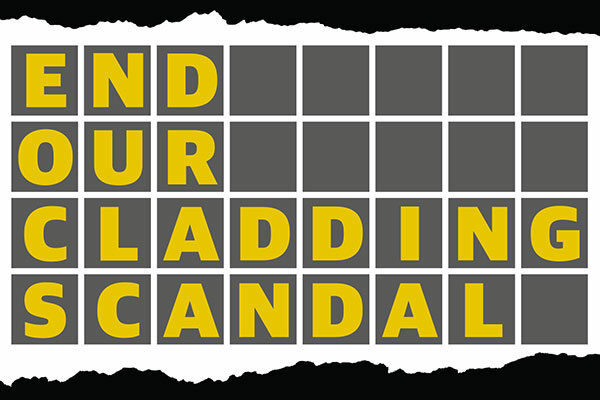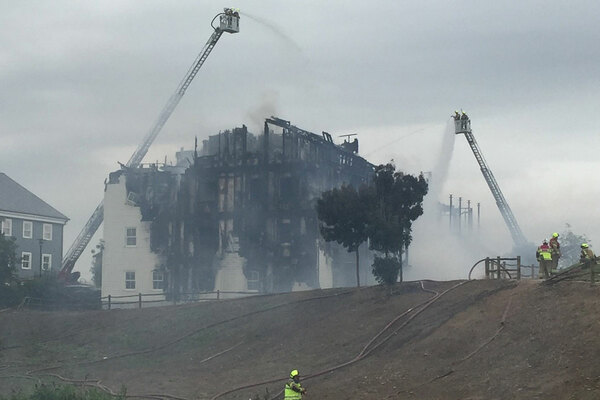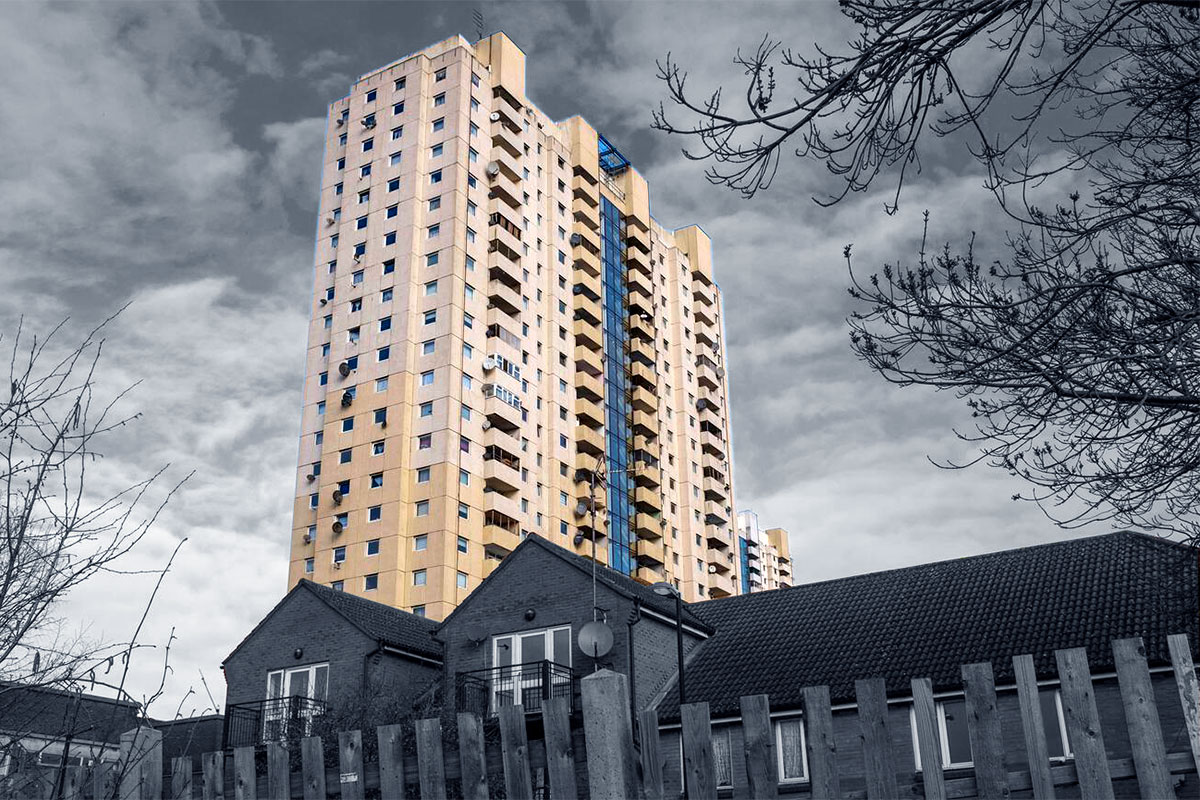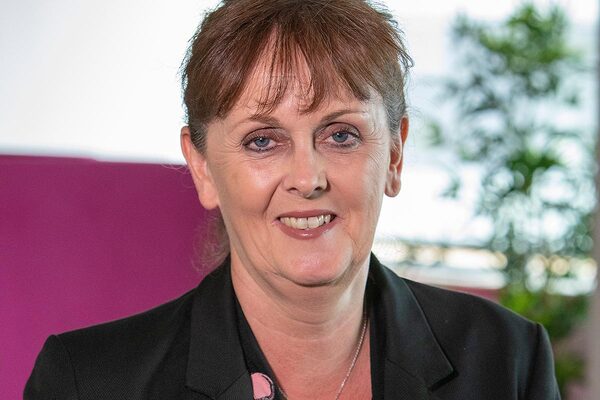You are viewing 1 of your 1 free articles
London housing association warns leaseholders may each face £100,000 bill for fire safety works
Network Homes has warned that its leaseholders are “on notice” for bills of up to £100,000 each to pay for the removal of non-aluminium composite material (ACM) cladding unless the government steps in to help.
The London housing association said the figure was at the “high end” of its estimations, but urged the government to fund remedial measures in order to remove the liability from homeowners.
Of the 20,000 homes Network Homes owns and manages, around 4,000 are owned by leaseholders, while the remaining properties are occupied by social housing tenants or are rented at an affordable rate.
Helen Evans, chief executive of Network Homes, who also chairs the G15 group of large London housing associations, has previously spoken out about the cost to housing associations of the government’s Advice Note 14, guidance which requires building owners to check for and remove dangerous non-ACM cladding from the outside of their building.
In November, Ms Evans told Inside Housing that housing associations could not give “blanket assurances” to leaseholders that they could indefinitely cover the costs of fire safety and cladding remediation work and that due to their charitable status in some scenarios, associations may be forced to make leaseholders pay.
The government has committed £600m to replace ACM cladding, the type of cladding used on the exterior of Grenfell Tower. But building owners are responsible for the removal of other types of dangerous cladding or insulation, with leaseholders in most cases liable for the costs.
In the majority of these incidents so far, housing associations have covered the costs for leaseholders and shared owners.
Network Homes said it has identified possible safety issues at 62 of its buildings and has already spent around £2m on investigations and interim measures to keep residents safe.
But because housing associations are charities, many will not be able to pay for the total cost of work and may have to push the cost onto leaseholders, Ms Evans warned.
“This is a challenging situation and we are working on solutions that remediate affected buildings as quickly as possible,” she said.
“We are pursuing all alternatives to passing costs onto leaseholders and treating this possibility as a last resort. However, as registered charities, housing associations cannot make a blanket commitment to pay costs that are legally leaseholders’ liability.
“If we cannot recover costs from others and the government does not fund the work in the way that it has with ACM cladding removal, we have no alternative but to put our leaseholders on notice that they could be liable for some of these costs.”
The G15 estimates that the full cost of these works for London-based associations could rise to as much as £6.9bn.
End Our Cladding Scandal: campaign aims
- Government provides a fund to cover the cost of cladding removal and remedial works on private blocks
- A firm timescale is set out of no more than two years for the work to be carried out
- Residents are reimbursed for the interim fire safety costs incurred, and funding is to be provided for necessary internal fire safety measures identified by a competent fire risk assessor
End Our Cladding Scandal general election campaign: full coverage
The cladding scandal is far from over. Here’s why we need a fresh approach
Click here to read the full story
Ahead of the general election, Inside Housing revisits our national cladding scandal and sets out what needs to be done to prevent any further tragedies. Peter Apps reports.
The cladding crisis Down Under: what we can learn from the response to Grenfell in Australia
Click here to read the full story
Five years ago a fire spread up Grenfell-style ACM cladding on a high-rise in Melbourne. This prompted an overhaul of the Australian state of Victoria’s building safety regime. Peter Apps finds out what the UK could learn.
More than 100,000 buildings outside scope of fire safety measures, minutes reveal
Click here to read the full story
There are more than 100,000 medium-rise homes that fall outside new regulations aimed at making buildings safe in the aftermath of Grenfell, including the ban on combustible cladding, Inside Housing can reveal.
It’s only a matter of time until the next Bolton unless the parties step up to the plate on fire safety
Click here to read the full story
Inside Housing’s new election campaign calls on the main political parties to commit to taking action to prevent what currently seems like an inevitable further tragedy. It’s time for everyone to step up, writes Martin Hilditch.
Leaseholders fear missing out on £200m cladding fund as bidding deadline approaches
Click here to read the full story
Leaseholders living in blocks seeking government funding for the removal of Grenfell-style cladding have raised concerns over meeting the deadline for applications, while criticising the lengthy process being run by the government.
Government refusing to test polystyrene panels, despite request from London boroughs
Click here to read the full story
The government has no further plans to carry out testing of cladding products despite a specific request from London boroughs to test systems comprising polystyrene, a document obtained by Inside Housing has revealed.
